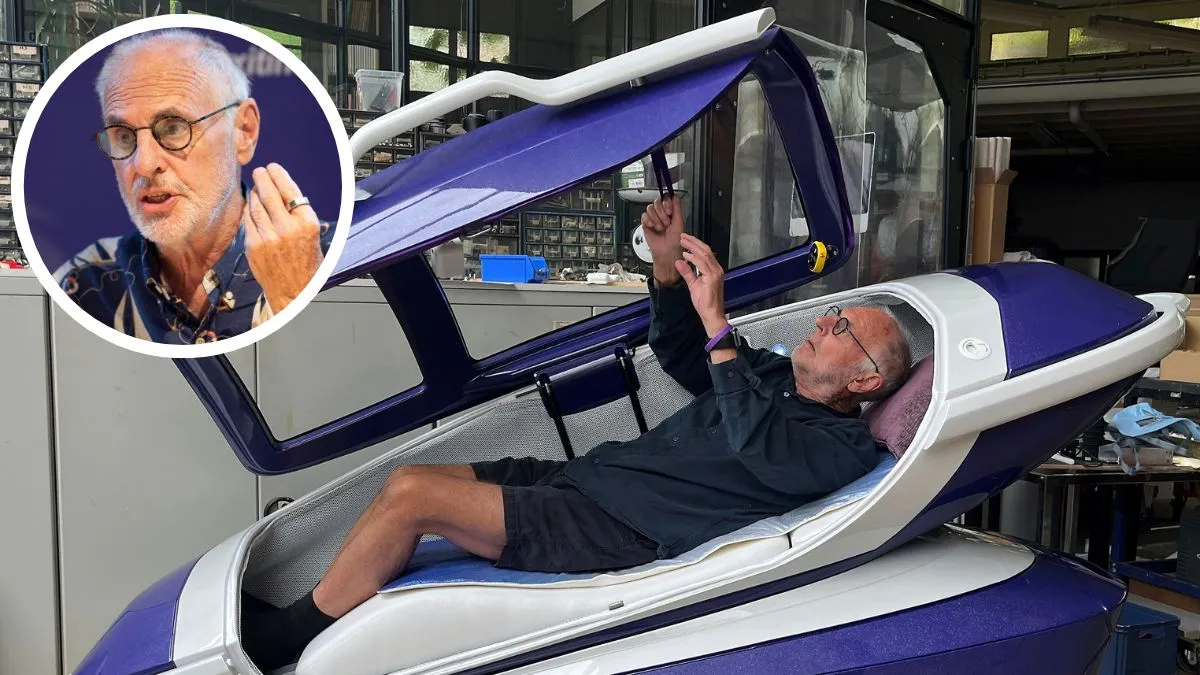Investigating Sarco: A Suicide Pod Invented by Philip Nitschke

Exploring the Sarco Pod and Its Inventor
After a woman tragically died using the Sarco pod, a euthanasia capsule, in a Swiss forest, local authorities arrested several individuals related to the case. The 64-year-old American woman suffered from health issues, and her situation has reignited discourse surrounding assisted suicide in Switzerland. While assisted suicide is legal, Swiss minister Elisabeth Baume-Schneider remarked that the Sarco pod does not fulfill product safety laws, raising questions about its compliance.
Who Invented the Sarco Pod?
The Sarco pod, short for sarcophagus, was developed by Australian euthanasia advocate Philip Nitschke in 2017, with the aid of Dutch designer Alexander Bannink. This self-operated machine aims to deliver a peaceful, quick, and dignified death.
How Does the Sarco Pod Work?
- Upon entering the pod, users must answer a series of questions.
- The final step involves pressing a button.
- This activates a system that lowers oxygen levels while releasing nitrogen gas, leading to unconsciousness and death by suffocation within minutes.
Nitschke previously consulted legal expert Daniel Huerlimann regarding the pod's legal status in Switzerland. Huerlimann confirmed that the Sarco is not classified as a medical device, thereby exempting it from Swiss Therapeutic Products Act regulations. Nevertheless, Nitschke has warned that the use of nitrogen may face scrutiny due to historical associations with the Holocaust, causing some critics to label it a 'glorified gas chamber'.
This article was prepared using information from open sources in accordance with the principles of Ethical Policy. The editorial team is not responsible for absolute accuracy, as it relies on data from the sources referenced.